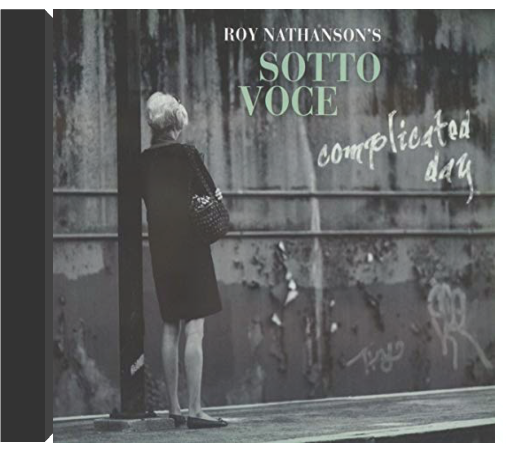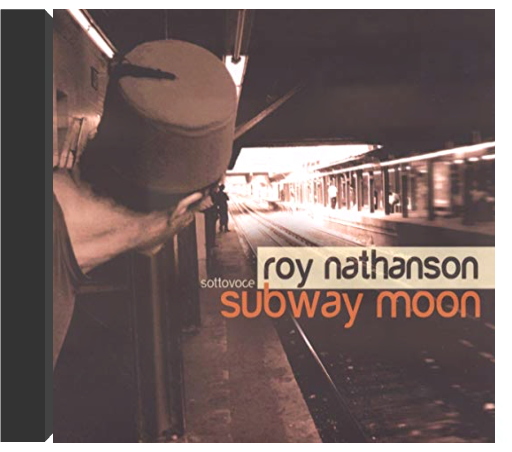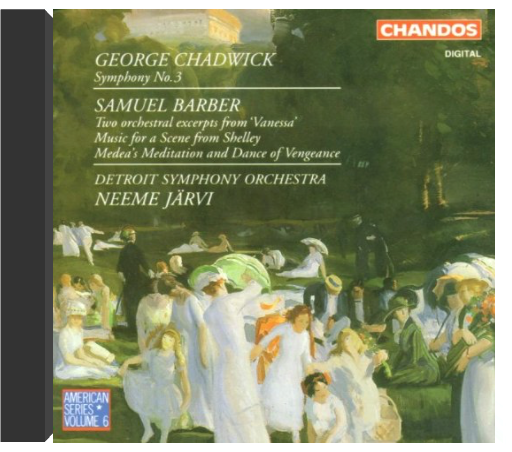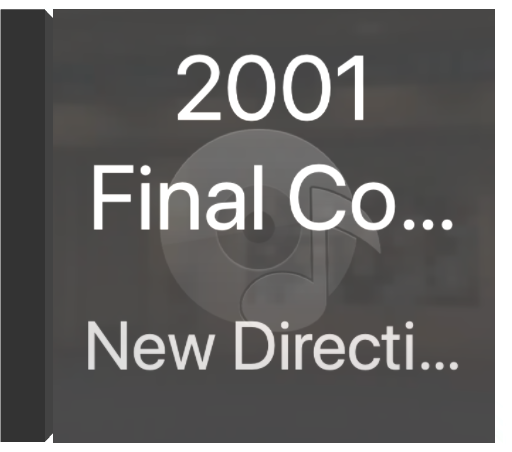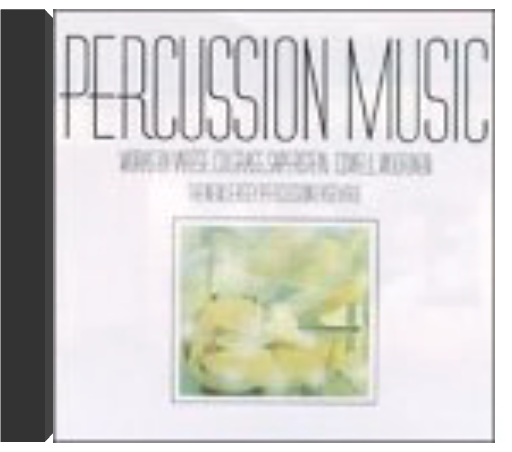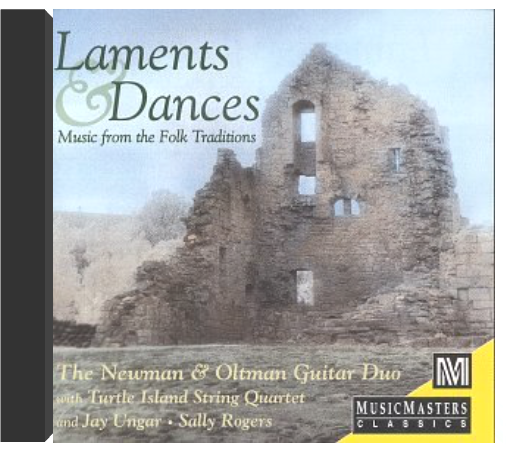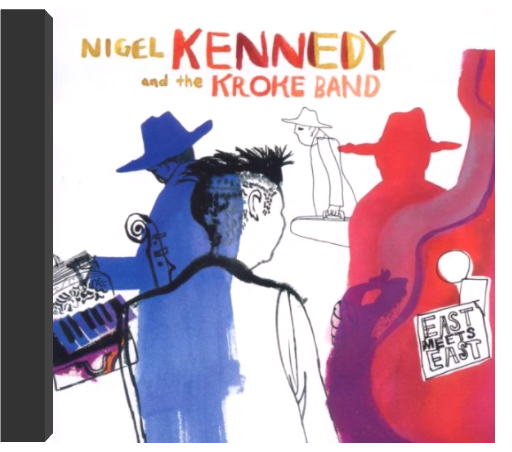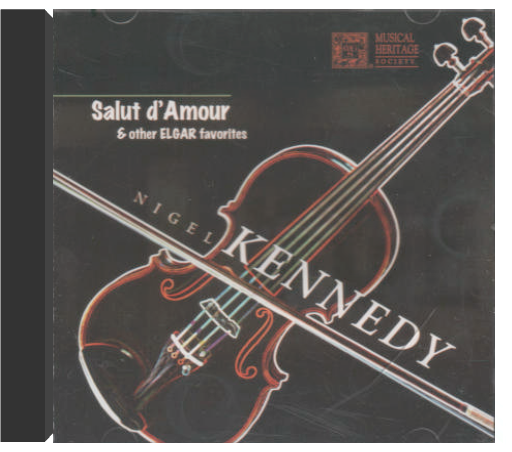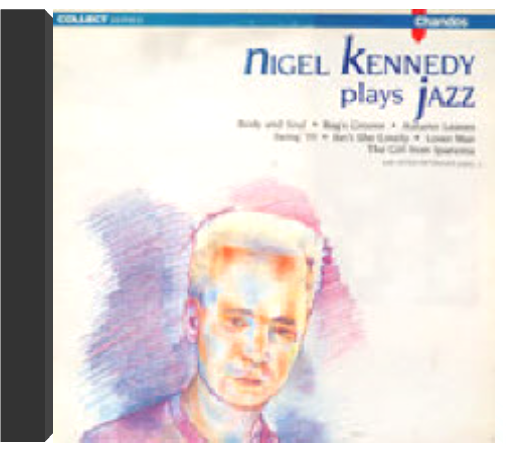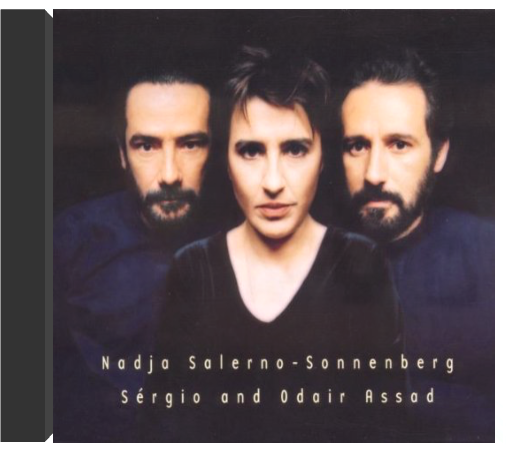 Nadja Salerno-Sonnenberg, Sergio and Odair AssadNadja Salerno-Sonnenberg, Sergio and Odair Assad Nadja Salerno-Sonnenberg, Sergio and Odair AssadNadja Salerno-Sonnenberg, Sergio and Odair Assad Aside from the odd Ravi Shankar project, classical and world music fusions seldom seem to work. Here's one that does. Violinist Nadja Salerno-Sonnenberg teams up with Brazilian guitarists Sergio and Odair Assad on a set heavily influenced by the gypsy music of Europe and the Middle East. Written mostly by Sergio Assad, these are lively compositions, with dizzying guitar parts punctuated by Salerno-Sonnenberg's piercing violin to great effect. "Andalucia" is a stunning display of the trio's interplay; "The Chase" will appeal to flamenco lovers; and "Gypsy Songs" is a medley of traditional Hungarian folk tunes. On Django Reinhardt's "Nuages," the tempo unfortunately plods along, but "Somogy's Dream"—based on the gypsy music of Transylvania—is a glorious closer. If you like the guitar and world music, or were enthralled by Joshua Bell's Short Trip Home classical fusion disc, you'll love this. —Jason Verlinde 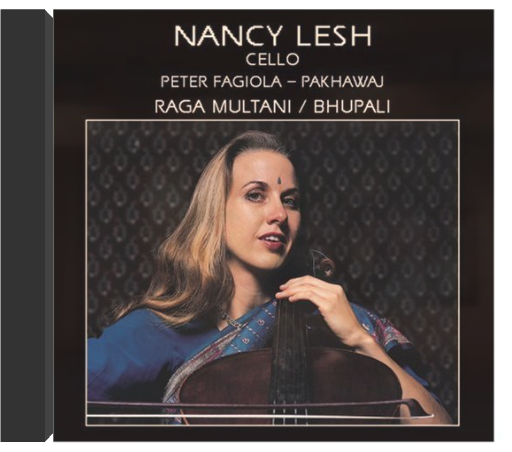 Raga Multani / BhupaliNancy Lesh, Peter Fagiola Raga Multani / BhupaliNancy Lesh, Peter Fagiola Nancy Lesh, at first a western classical cellist, left her position with the Rome Festival Orchestra to go to India, where she fell in love with Indian classical music and the dhrupad style and went on to study with rudra vina maestro Ustad Z.M. Dagar. Nancy presents a forceful reading of raga Multani, exploring its mixture of calm and passion, and plays Raga Bhupali, sweet and soothing, with a sprightly dance-like quality. 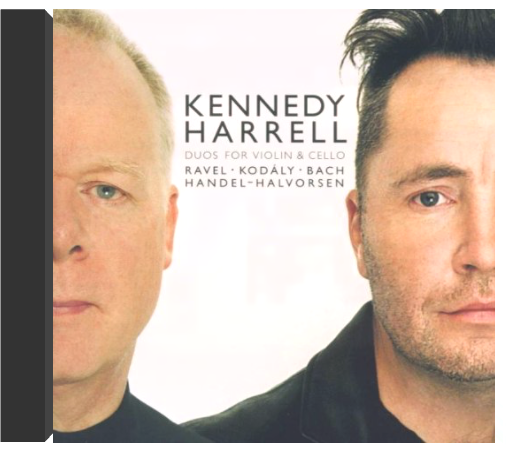 Duos for Violin & CelloNigel Kennedy Duos for Violin & CelloNigel Kennedy The thing with the artist formerly known as Nigel is that his audience never knows what he might do next, and that, we must assume, is the way Kennedy likes it. This release of duos for violin and cello presents music that conventionally wouldn't be found on a single disc, the concise notes stating that the Bach and Handel pieces represent the "very antithesis" of the "linear approach" of Kodály and Ravel. This contrast-and-compare approach offers effective insight into possibly unfamiliar music, a diversity closer to a concert program than a regular CD. Ravel's Sonata for violin and cello is far removed from the composer's lush orchestral sound, a stark anticipation of Bartók's Third Piano Concerto. Kodály's Duo provides warmth, strongly infused with the folk tradition of the composer's native Hungary. Cellist Lynn Harrell clearly has an affinity for such music. (He's simultaneously released a recording of Miklós Rózsa's Cello Concerto.) The Baroque-derived works are much shorter, the Bach being a new transcription of the Two-Part Invention No. 6, the Handel Passacaglia a hybrid adapted by the Norwegian conductor Johan Halvorsen from the Harpsichord Suite No.7. With superb sound and intensely focused playing, this imaginative program offers highly committed music-making. —Gary S. Dalkin |
 Made with Delicious Library
Made with Delicious Library

